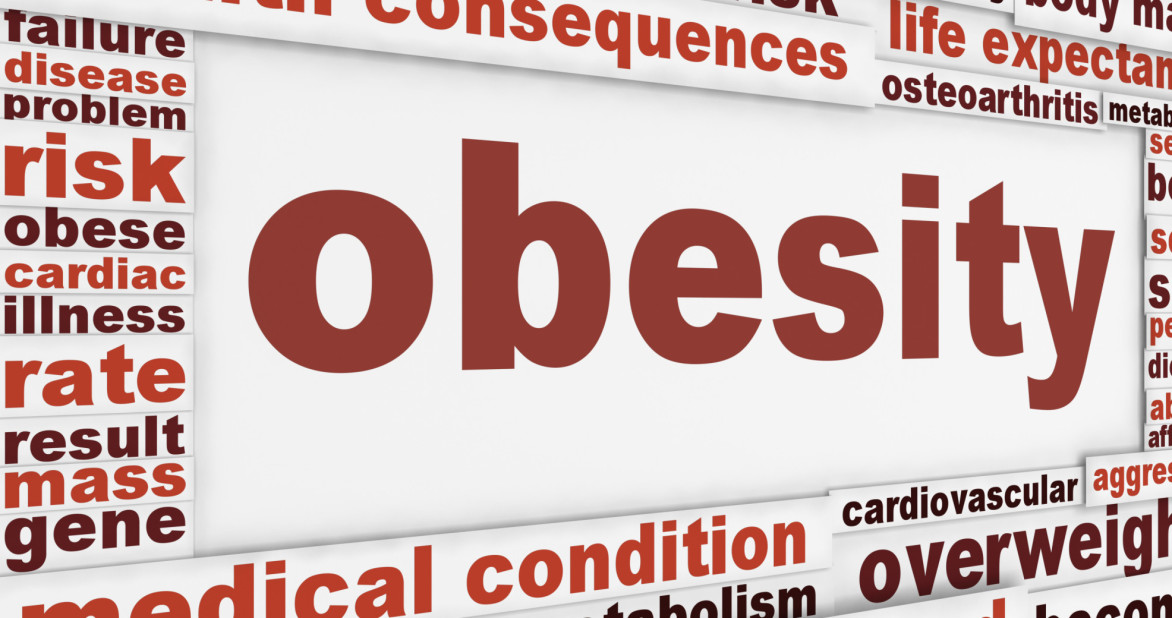
Cortisol Connection and weight management tips are very important in the elimination of all weight related complications
In our previous article we dwelt much on the significance of cortisol in stress management and now we want to focus our discussion on the cortisol connection and weight management tips that will be useful for all of us in keeping fit. With the help of experts from AWAREmed Health and Wellness Resource Center a facility founded by doctor Dalal Akoury (MD). This is a discussion we want to invite you to be part of specifically to eliminate any ignorance that is likely to cause us to lose the focus of eliminating all the complications that are associated with weight complications in our lives. Doctor Akoury from her over two decades of professional practice is looking at the happenings of today’s society and she is very much concern with the kind of commercials that tout the effectiveness of supplements like Cortislim ™ and Relacore ™ that propose to help people lose weight and feel less stressed by inhibiting the effects of cortisol. Some of these commercials do not fully inform the general public effectively about some of the following:
- The function and importance of cortisol for bodily function.
- The potential link between cortisol and obesity.
- The potential link between stress, cortisol, and appetite.
- The harmful health effects of stress-induced obesity.
Therefore to bridge the gap, we want to shade more light on the above omissions so that together we can walk along in this worthy course of proper weight management.
Cortisol has become a ‘prime’ hormone of fascination, discussion and confusion within the consumer and fitness industry, due to misleading television commercials and advertisements. It is a steroid (compound based from a steroid nucleus) hormone that is produced in the cortex of the adrenal glands located on top of each kidney. Fasting, food intake, exercising, awakening, and psychosocial stressors cause the body to release cortisol. Cortisol is released in a highly irregular manner with peak secretion in the early morning, which then tapers out in the late afternoon and evening. Energy regulation and mobilization are two critical functions of cortisol. Cortisol regulates energy by selecting the right type and amount of substrate (carbohydrate, fat or protein) that is needed by the body to meet the physiological demands that is placed upon it. Cortisol mobilizes energy by tapping into the body’s fat stores and moving it from one location to another, or delivering it to hungry tissues such as working muscle. Under stressful conditions, cortisol can provide the body with protein for energy production through gluconeogenesis, the process of converting amino acids into useable carbohydrate (glucose) in the liver. Additionally, it can move fat from storage depots and relocate it to fat cell deposits deep in the abdomen. Cortisol also aids adipocytes (baby fat cells) to grow up into mature fat cells. Finally, cortisol may act as an anti-inflammatory agent, suppressing the immune system during times of physical and psychological stress.
Cortisol Connection and weight management tips: The potential link between cortisol and visceral obesity
Cortisol directly effects fat storage and weight gain in stressed individuals. Tissue cortisol concentrations are controlled by a specific enzyme that converts inactive cortisone to active cortisol. This particular enzyme is located in adipose (fat) tissues. Studies with human visceral (fat surrounding the stomach and intestines) and subcutaneous fat tissue have demonstrated that the gene for this enzyme is expressed more by obese conditions. It has also been demonstrated in research that human visceral fat cells have more of these enzymes compared to subcutaneous fat cells. Thus, higher levels of these enzymes in these deep fat cells surrounding the abdomen may lead to obesity due to greater amounts of cortisol being produced at the tissue level. As well, deep abdominal fat has greater blood flow and four times more cortisol receptors compared to subcutaneous fat. This may also increase cortisol’s fat accumulating and fat cell size enlarging effect.
Cortisol Connection and weight management tips: What is the potential link between stress, cortisol, and appetite?
Animal and human studies have demonstrated that cortisol injections are associated with increased appetite, cravings for sugar, and weight gain. Epel et al. demonstrated that premenopausal women who secreted more cortisol during and after novel laboratory stressors chose to consume more foods high in sugar and fat. It has been thought that cortisol directly influences food consumption by binding to receptors in the brain (specifically, the hypothalamus). This can stimulate an individual to eat food that is high in fat and/or sugar. Cortisol also indirectly influences appetite by regulating other chemicals that are released during stress such as CRH (corticotrophin releasing hormone), leptin, and neuropeptide Y (NPY). High levels of NPY and CRH and reduced levels of leptin have been shown to stimulate appetite.
Cortisol Connection and weight management tips: Harmful health effects associated with stress-induced obesity
Chronic stress can contribute to several harmful physiological events. When body tissues are exposed to high levels of cortisol for extended periods of time, some cellular and tissue alterations may occur. High levels of cortisol cause fat stores and excess circulating fat to be relocated and deposited deep in the abdomen, which left unchecked can develop into or enhance obesity. In addition, hypertension (high blood pressure), hyperlipidemia (elevated lipids), and hyperglycemia (elevated glucose) have been linked to elevated cortisol levels. Individuals with a high waist-to-hip ratio (which identifies visceral obesity) are at a greater risk for developing cardiovascular disease, type II diabetes mellitus, and cerebrovascular disease.
Are there any practical assessment tips for the fitness professional to utilize? To help identify clients with a potential risk for the diseases described above (which are associated to stress-induced obesity) and distinguish any patterns of fat distribution, fitness professionals can utilize a waist-to-hip ratio (WHR) measurement or waist circumference measurement. The WHR is the circumference of the waist divided by the circumference of the hips. The waist measurement is at the narrowest part of the torso between the ribs and iliac crest. The hip measurement is around the buttocks at its maximum posterior extension.
Finally professionals should ensure that their clients are aware of the links between stress and abdominal obesity. Cortisol is a necessary hormone that is responsible for fuel regulation and is released while exercising, eating, awakening, and psychosocial stress. However, if there is too much cortisol in circulation, abdominal obesity can develop. This type of central obesity is linked to developing cardiovascular disease, type II diabetes mellitus, and cerebrovascular disease. An effective and regular exercise and stress management program may be a key to reducing and or preventing stress-induced obesity.












